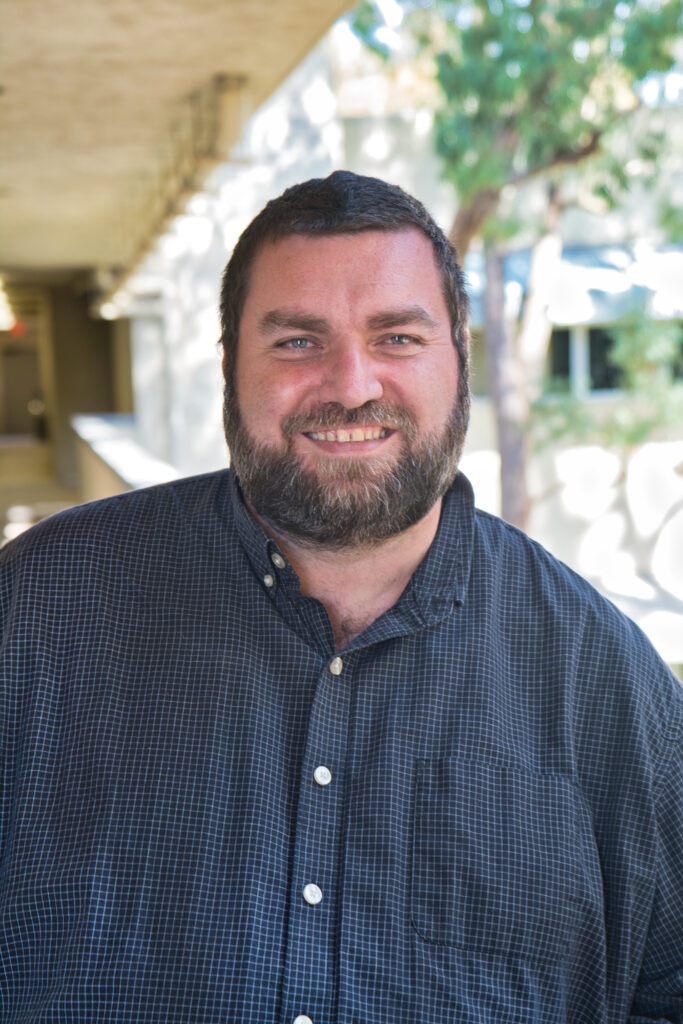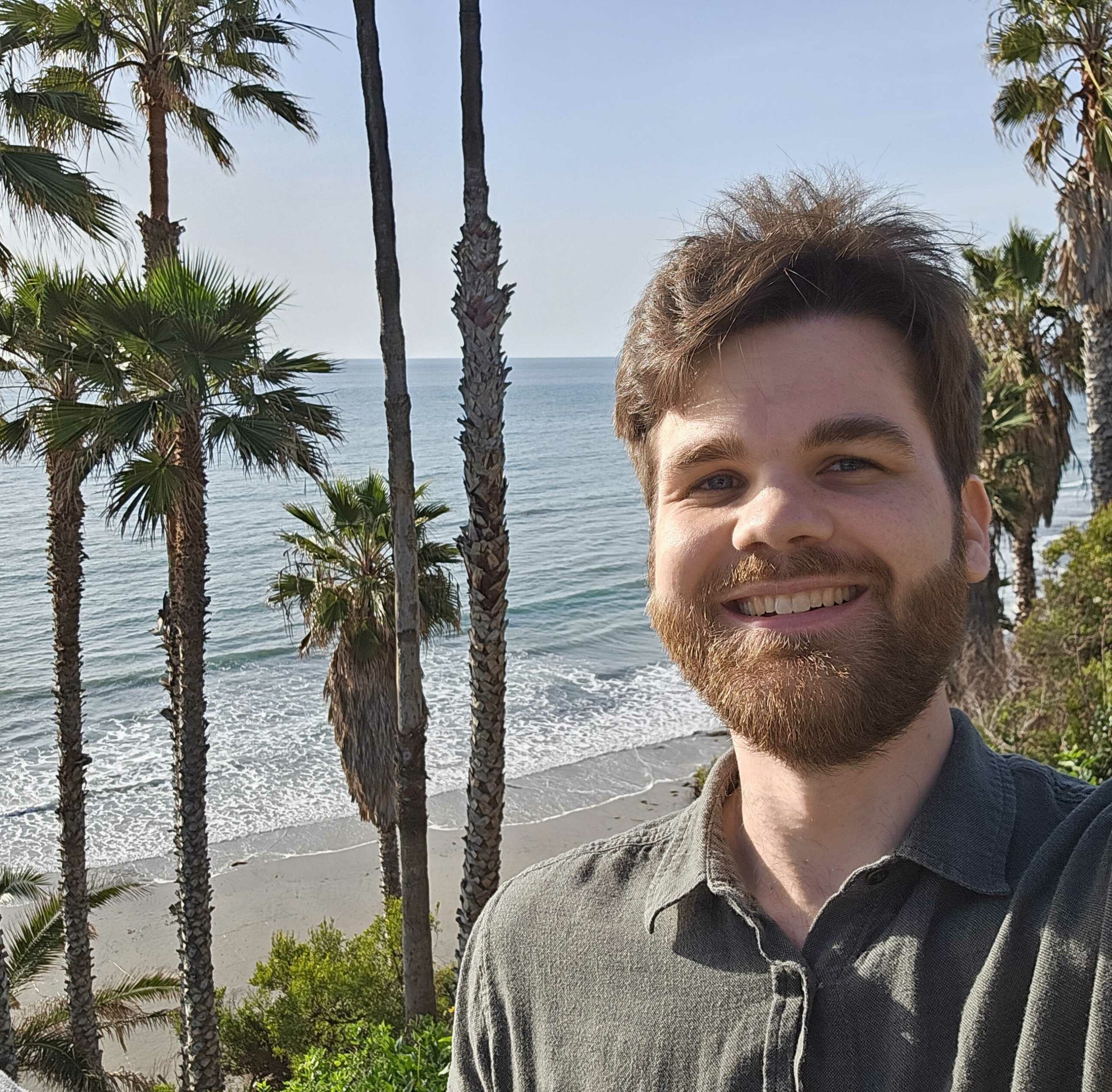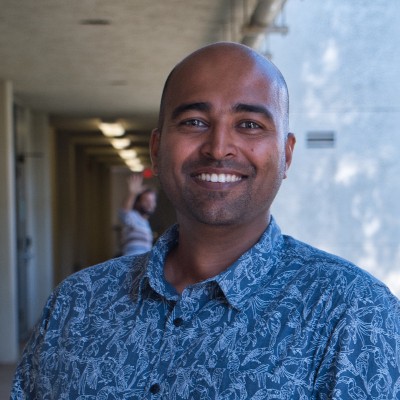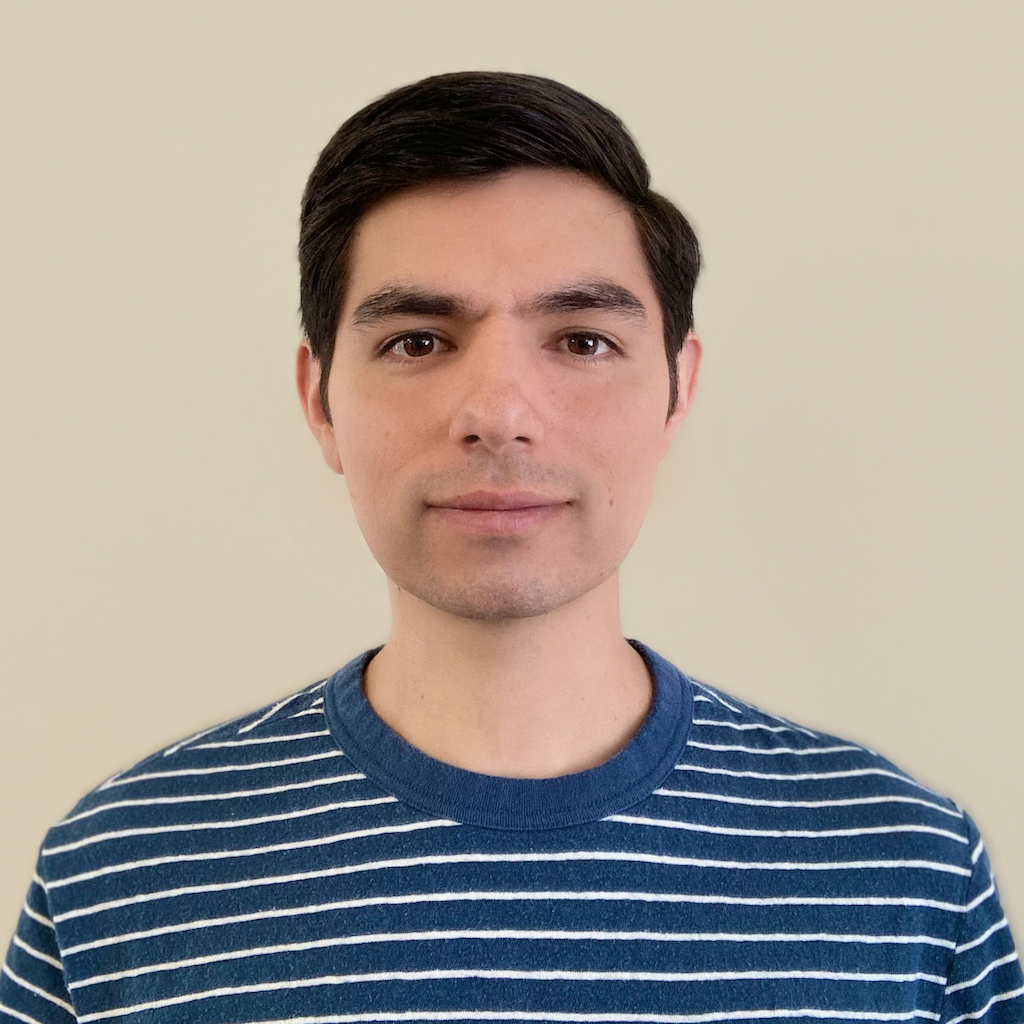OUR TEAM

Dr. Federico Rossano
Principal Investigator
Federico Rossano is an Associate Professor in the department of Cognitive Science at the University of California, San Diego. He received his PhD in Linguistics from the Max Planck institute for Psycholinguistics and Radboud University, Nijmegen (The Netherlands) and has worked as a post-doctoral researcher in the Department of Developmental and Comparative Psychology at the MPI for Evolutionary Anthropology in Leipzig (Germany). His current research adopts a comparative perspective on social cognition (cross-ages, cross-cultures and cross-species) and focuses on the development of communicative abilities and the structure of social interaction in human and non-human animals. He is the scientific lead of the world largest scientific study of button pressing pets.
Research Interests:
Social cognition ● Ontogeny and phylogeny of property (possession, ownership) ● Value perception, fairness, distributive and procedural justice ● joint attention, gaze following, and voice following ● Ontogeny, structure, and timing of gestural communication ● Sequential organization of talk and visible behavior in human communication ● Interactional organization of cognitive and systemic psychotherapy sessions

A psychologist by training, Stephan has spent the last years mainly studying the behavior and cognitive abilities of different apes species (gibbons, orangutans, gorillas, humans, bonobos, chimpanzees). Stephan’s research aims at gaining insights about the ultimate and proximate origins of social cognition in humans and animals through comparative and developmental approaches. More precisely, he asks questions such as: To what extent do cultures influence the social behavior in primate societies? How much intraspecific variation can be found in different primate species? What are the ultimate and proximate factors that lead individuals to either cooperate or compete with each other in specific interactions?

Jack studies social interaction, broadly. He focuses on conversation, proxemics, and the norms that regulate interaction. His work prioritizes naturalistic observational methods and building novel tools to conduct novel behavioral analyses.
His primary research investigates the development of conversational turn-taking and interactive repair. He also studies primate proxemics, interspecies (human-dog) communication & teamwork, and human-computer interaction.
Previously, he studied Cognitive Science & Computer Science at Dartmouth College, pedestrian-driver interaction and autonomous vehicles at MIT, and was a product manager and machine learning engineer in industry.

Max Potter
Max is a California native and grew up just north of San Diego in Carlsbad. He studied Cognitive Science and Bioinformatics in his undergraduate years at UCLA. While there, Max worked in the Visual Intelligence Lab under Dr. Tao Gao to research how the physical environment and group settings impact inferences about human communication. After completing his bachelors, Max returned to San Diego and is now a UCSD PhD student in the Comparative Cognition Lab with Dr. Federico Rossano. He is currently interested in studying how multi-agent settings impact language, communication, and social role-taking strategies in humans.

Madeline Meade
Madeline studies nonhuman primate cognition, ranging from sociality and Theory of Mind to logical reasoning, as an approach to understanding the evolution of human intelligence; she is currently extending this work into the developmental realm, running equivalent experimental paradigms in (human!) toddlers. Previously, she explored how pet dogs make social evaluations and communicate using AIC devices.
She studied Ecology & Evolutionary Biology at Yale University, and managed Dr. Laurie Santos’s Comparative Cognition Lab within the Psychology Department there after graduating. Within UCSD, she is also pursuing a specialization in the study of human origins from CARTA (The Center for Academic Research and Training in Anthropogeny).

Sam Kefer
Samantha studies nonhuman animal social cognition in both dogs and primates. She is particularly interested in topics such as theory of mind, mental representations, and social bonding. Her research aims to assess the extent to which certain social cognitive abilities have been conserved or have evolved convergently across human, primate, and canine taxa.
Samantha completed her undergraduate studies at Duke University in evolutionary anthropology and biology, conducting research on the ontogeny and scope of canine cognition with Dr. Brian Hare and collaborating on studies of lemur behavior at the Duke Lemur Center. Within UCSD, she is also pursuing a specialization in the study of human origins from CARTA (The Center for Academic Research and Training in Anthropogeny).

Josh studies social cognition and behavior in nonhuman animals, primarily focusing on wild primates. He is currently working on projects related to collective movement, decision-making, and social networks in primates in order to understand the evolution of group coordination and social cognition in humans. He is also broadly interested in animal communication, theory of mind, and sleep behavior in social animals.
Josh studied Physics at Vanderbilt University and earned a Master’s degree in Ecology and Evolutionary Biology from the University of Colorado Boulder, where he studied the socioecology and foraging behavior of baboons and mangabeys. He previously worked as a lab manager for the Duke Canine Cognition Lab and conducted comparative cognition research with lemurs at the Duke Lemur Center.

Akshay Nagarajan is a Ph.D. student in Cognitive Science at the University of California, San Diego. He has a Masters in Robotics from Amrita University. Akshay has extensive experience in designing autonomous robots, delivery drones, haptic and virtual reality simulators, and in human robot interaction. His research focuses on investigating cognitive skill development in children and he hopes to use his research to create equitable learning environments in classrooms.

Andres “Andy” Meza is a PhD student in the Department of Computer Science & Engineering at UCSD. He received a B.S. in both computer science and cognitive science with a machine learning and neural computation specialization from UCSD in 2020. His research interests include hardware security, optimization of machine learning models for hardware deployment, and computer vision. His work with the Comparative Cognition Lab focuses on leveraging machine learning and computer vision (i.e., automated methods) to overcome the limitations of state-of-the-art data collection and labeling practices (i.e., manual labeling). With these automated methods, he hopes to enable CCL researchers to study phenomena at larger scales and finer levels of granularity. Contact him at anmeza@ucsd.edu.